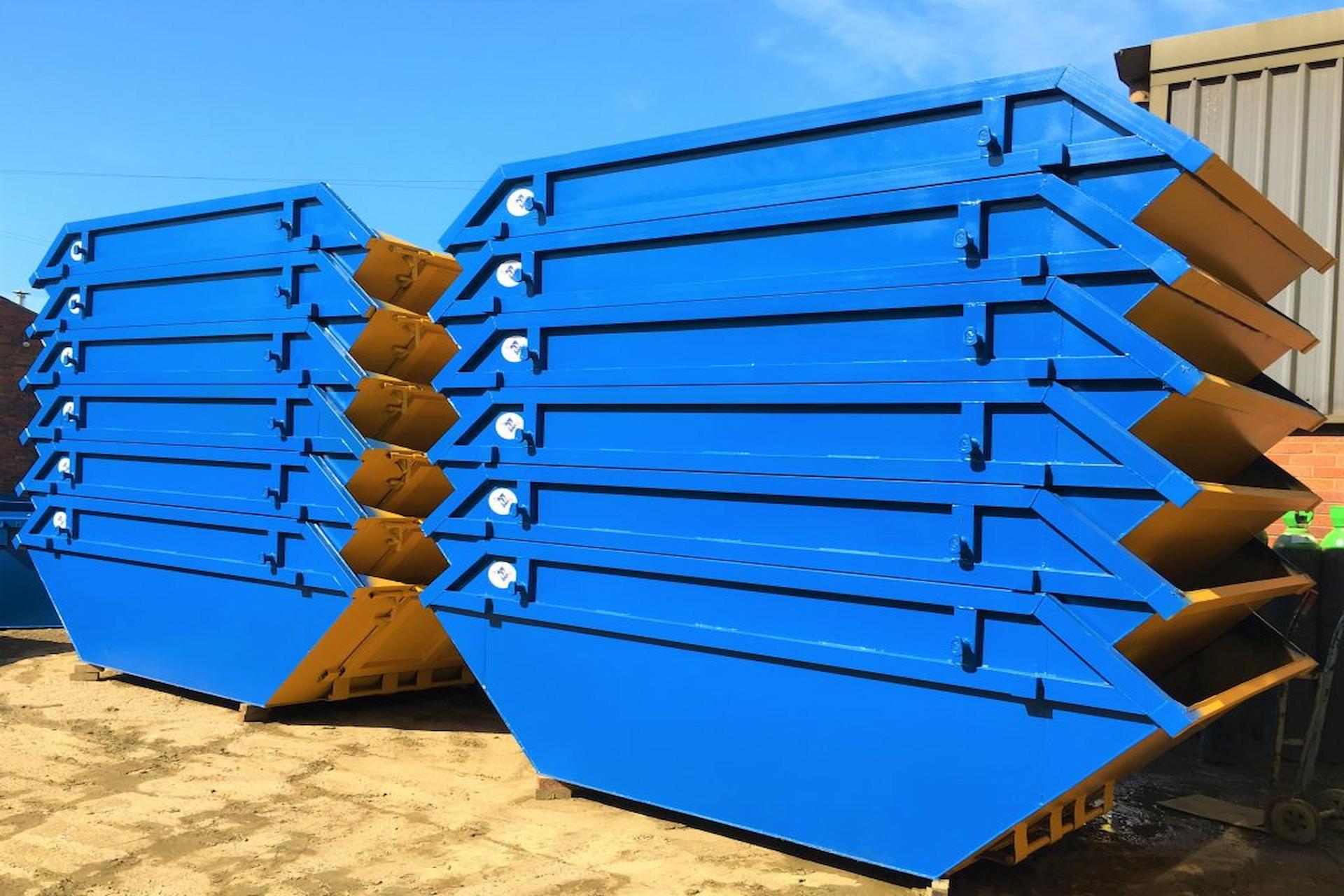In today’s world, where environmental concerns are at the forefront of our minds, the way we package our food matters more than ever. Fortunately, there’s a growing trend towards eco-friendly solutions in food packaging, making it easier for consumers to make greener choices without sacrificing convenience.
The Problem with Traditional Packaging
Traditional meal packaging, like plastic containers and Styrofoam boxes, poses a significant threat to the environment. These materials take hundreds of years to decompose, filling up landfills and polluting our oceans in the process. Moreover, the production of these materials often involves harmful chemicals and excessive energy consumption.
The Rise of Sustainable Solutions
Thankfully, the food industry is waking up to the need for change. Sustainable alternatives to traditional packaging are becoming more accessible and affordable. Companies are experimenting with biodegradable materials, such as plant-based plastics and compostable fibres, to create packaging that breaks down naturally without harming the environment.
Innovative Designs for a Greener Future
One of the most exciting developments in eco-friendly food packaging is the rise of innovative designs that prioritise sustainability without compromising on functionality. From edible packaging made from seaweed to reusable containers that customers can return for a discount, there’s no shortage of creative solutions being explored.
The Role of Consumer Awareness
While businesses play a crucial role in driving the shift towards eco-friendly packaging, consumers also have the power to make a difference. Individuals can clearly communicate that they care about the planet by choosing products packaged in sustainable materials and supporting businesses that prioritise environmental responsibility.
The Importance of Collaboration
Creating a sustainable meal packaging ecosystem requires collaboration across the entire supply chain. From manufacturers and retailers to consumers and policymakers, everyone has a part to play in reducing the environmental impact of meal wrapping. By working together towards common goals, we can create a healthier planet for future generations.
The Challenge of Implementation
Despite the enthusiasm for eco-friendly meal wrapping. There are still challenges to overcome when implementing these solutions on a large scale. Cost, availability of alternative materials, and resistance to change from some stakeholders are all factors that need to be addressed. However, with continued innovation and investment, these obstacles can be overcome.
Corporate Responsibility and Accountability
Businesses have a responsibility to prioritise sustainability in their packaging choices. By investing in research and development of eco-friendly materials, reducing unnecessary packaging, and implementing recycling programs, companies can minimise their environmental footprint and contribute to a healthier planet.
Government Support and Regulation
Government policies and regulations also play a crucial role in shaping the future of meal packaging. By incentivising sustainable practices, banning harmful materials, and promoting research and development in the field of eco-friendly packaging, policymakers can create an environment that encourages businesses to prioritise sustainability.
Embracing a Circular Economy
Moving towards a circular economy, where resources are reused, recycled, and regenerated, is essential for long-term sustainability. By designing packaging with end-of-life considerations in mind, such as ease of recycling or compostability, we can minimise waste and maximise the value of our resources.
The Future of Food Packaging
As we look to the future, the evolution of food packaging towards more sustainable solutions is inevitable. With continued innovation, collaboration, and consumer demand, we can create a world where takeaway packaging is convenient and environmentally friendly. Together, we can build a brighter, greener future for future generations.
Overcoming Barriers to Change
While the shift towards eco-friendly meal packaging is promising, there are still barriers that need to be addressed. One significant challenge is consumer behaviour. Many people are accustomed to the convenience of traditional packaging and may be resistant to change. Education and awareness campaigns can help consumers understand the benefits of eco-friendly options and encourage them to make more sustainable choices.
Investing in Research and Development
Another key factor in driving the adoption of eco-friendly packaging is investment in research and development. By funding projects that explore new materials and innovative packaging designs, we can accelerate the transition to more sustainable solutions. Collaboration between scientists, engineers, and industry experts is essential for developing cost-effective and scalable alternatives to traditional packaging materials.
Scaling Up Sustainable Solutions
Scaling up sustainable packaging solutions is also critical for making a meaningful impact. While many eco-friendly materials exist, they may not yet be widely available or cost-effective for mass production. By investing in infrastructure and manufacturing capabilities, we can make sustainable packaging options more accessible and affordable for businesses of all sizes.
Celebrating Progress and Innovation
Despite the challenges, there is much to celebrate in the world of eco-friendly meal packaging. Every new innovation, from compostable coffee cups to biodegradable burger wrappers, brings us one step closer to a more sustainable future. We can inspire others to join the movement towards greener packaging solutions by highlighting success stories and sharing best practices.
In conclusion, the evolution of meal packaging towards more eco-friendly solutions is a positive step towards a greener future. By embracing sustainable materials, innovative designs, and consumer awareness, we can minimise the environmental impact of packaging while still enjoying the convenience of takeaway meals. Together, we can make a difference and create a world where every meal comes with a side of sustainability.





